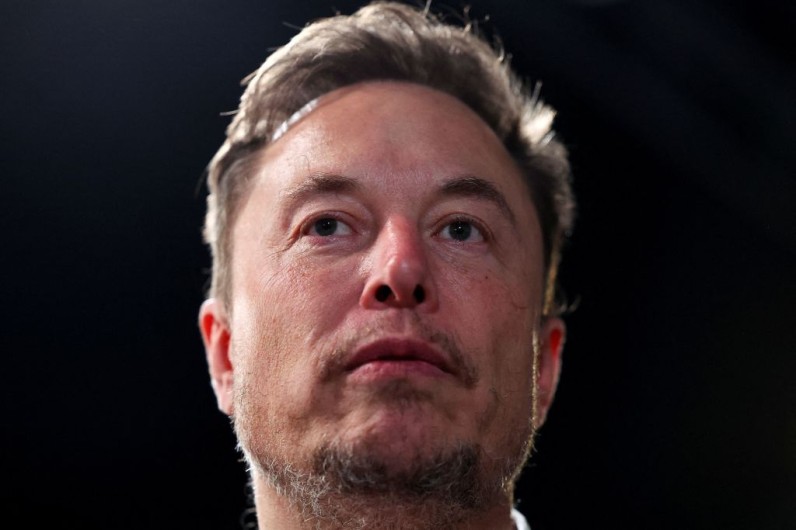A co-founder of Neuralink has implied that he left the brain implant company of Elon Musk over safety concerns.
Dr. Benjamin Rapoport recently sat down for The Wall Street Journal podcast "The Future of Everything" interview and shared some insights about his departure from Neuralink and the launch of his own company, Precision Neuroscience.

Neuralink Co-Founder Says 'Safety is Paramount'
The May 3 podcast episode delved into the possible reasons behind the former Neuralink executive and co-founder's decision to leave the company, hinting at concerns related to safety.
"I've pretty much devoted my entire professional life to bringing neural interfaces from the world of science to the world of medicine. But I felt that in order to move to the world of medicine and technology, safety is paramount," Benjamin Rapoport said when WSJ's Danny Lewis asked him why he decided to leave Neuralink and start a new company, according to Gizmodo.
Rapoport further noted that safety often implies minimal invasiveness for a medical device, particularly when it comes to brain-computer interfaces.
He said that in the early days of brain-computer interfaces, there was a notion that obtaining data from the brain required invasive methods, such as penetrating the brain with tiny needle-like electrodes, which he believed could cause "some amount of brain damage."
Neuralink Co-Founder Launches Own Company Called Precision Neuroscience
To address these concerns, Benjamin Rapoport founded Precision Neuroscience, which focuses on minimal invasiveness, and "surface microelectrodes, which are tiny little electrodes that coat the surface of the brain without penetrating it," Gizmodo reported.
According to Rapoport, Neuralink's technology is based on penetrating microelectrodes, which he believes can pose risks due to their invasive nature. Rapoport left Neuralink in 2018, two years after co-founding the company with Elon Musk.
Neuralink has faced criticism over the years, with reports of allegations of monkey torture and deaths. A complaint filed with the US Department of Agriculture alleged that 15 monkeys already died at a Neuralink facility between 2017 and 2020.
Despite this, Neuralink continues to generate interest in its brain-computer interfaces. The company recently achieved internet fame when it released a video of a human patient playing video games with his mind.
Neuralink aims to create a device that could be implanted in humans to monitor brain activity. This microchip, about the size of a one-pound coin, will be inserted into a patient's skull and placed into the brain.
Musk previously said that this technology will allow "control of your phone or computer, and through them almost any device, just by thinking," and "initial users will be those who have lost the use of their limbs."







Join the Conversation